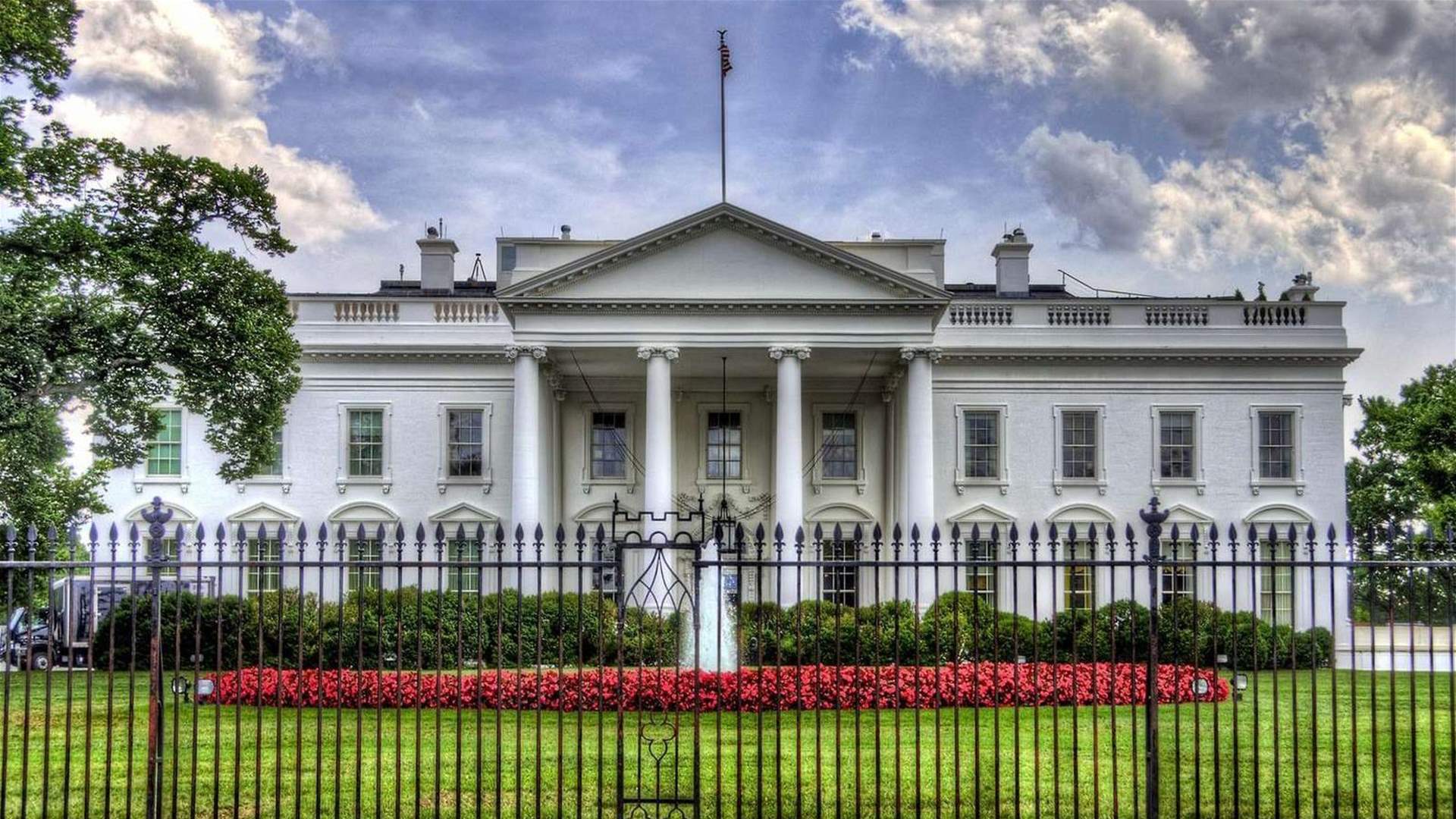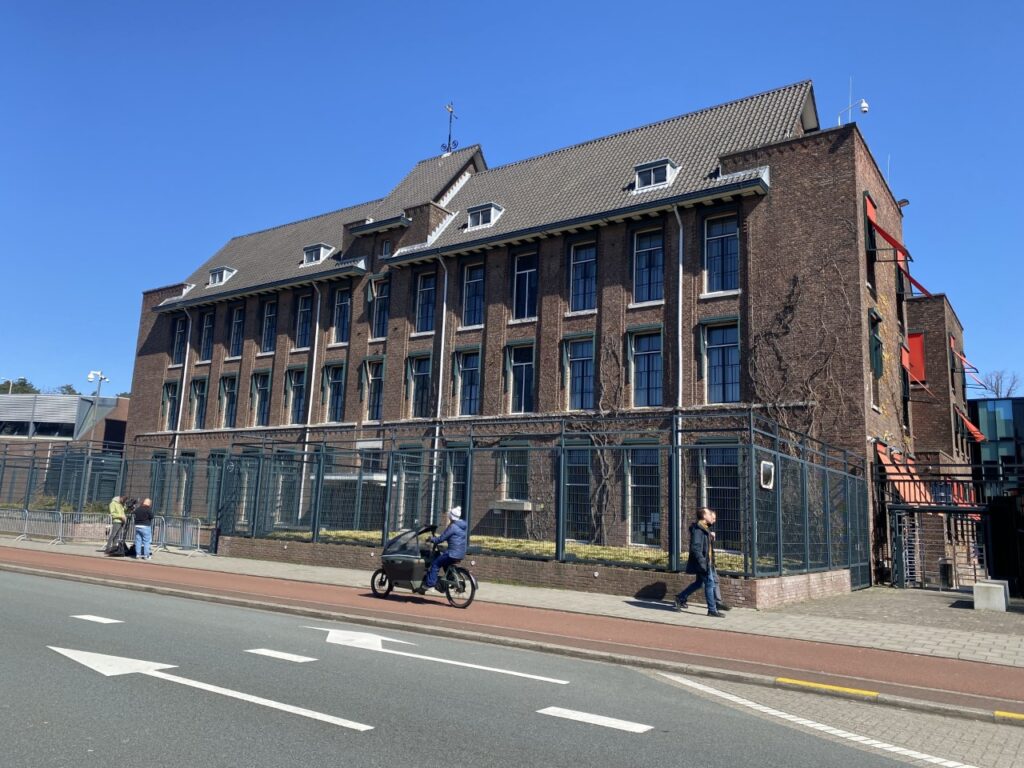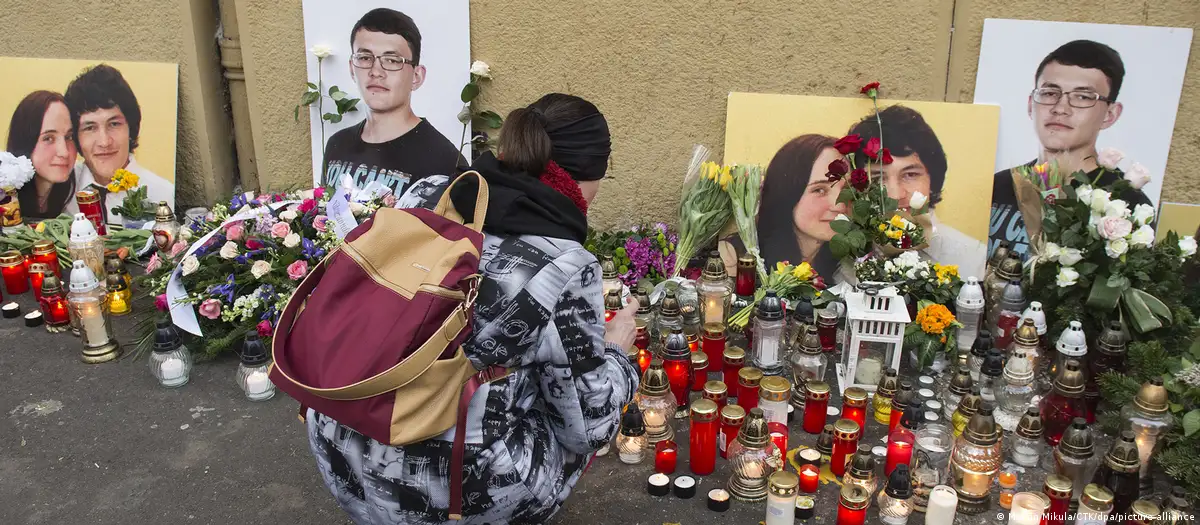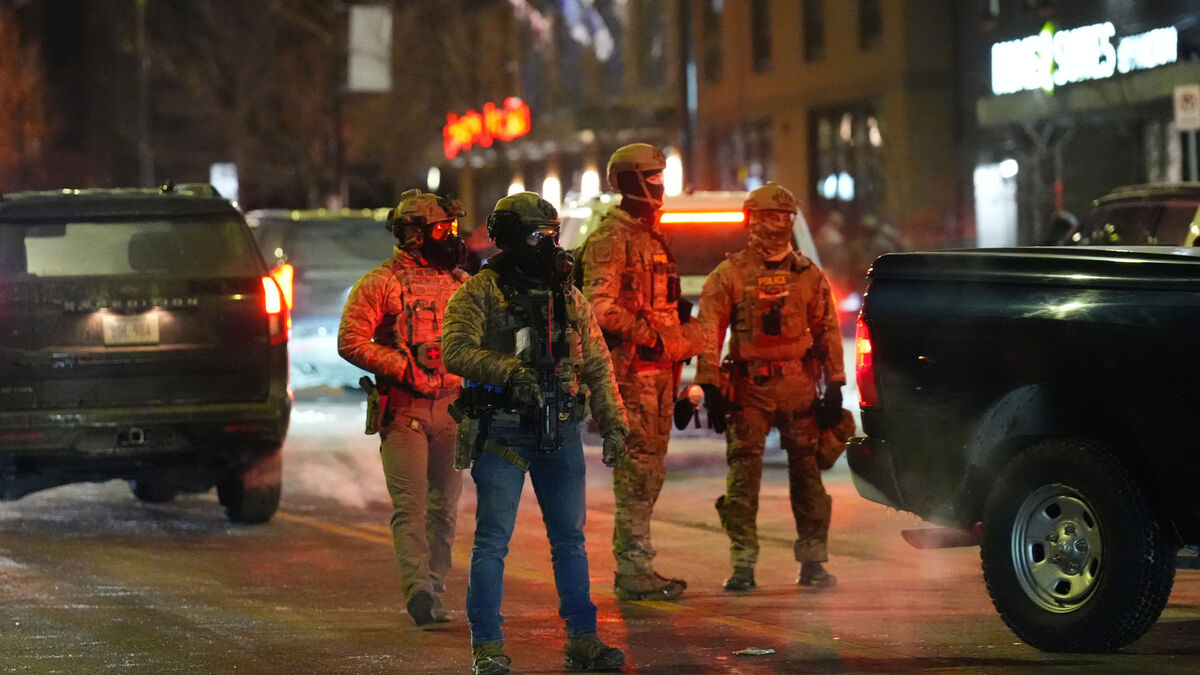In March 2025, during the ongoing war crimes trial of former Kosovo Liberation Army (KLA) leader Hashim Thaçi at The Hague, new testimony shed light on the fate of Serbian journalists during the Kosovo conflict. Naim Maljoku, a former KLA commander and head of the KLA’s operational directorate in 1998, testified that two Serbian journalists were abducted and held at the KLA’s main headquarters near Lipljan, Kosovo, in the autumn of 1998.
Maljoku identified the “White House,” the KLA’s central command facility in the village of Divljane, as the location where the journalists were detained. He also named the commander of the KLA’s 121st Brigade as responsible for their capture and transfer. This testimony adds to the mounting evidence of the KLA’s treatment of detainees and raises further questions about the fate of journalists during the conflict.
The disappearance of Serbian journalists in Kosovo during 1998–2000 remains a sensitive and unresolved issue. At least seven Serbian journalists went missing during this period, many suspected to have been abducted by the KLA. Notably, journalists Ranko Perenić and Đuro Slavuj vanished on August 21, 1998, while on assignment to report on the release of kidnapped Orthodox monks. Their vehicle was never found, and they are presumed dead.
Another journalist, Nebojša Radošević, previously testified that he was abducted by KLA members in 1998, detained without trial for 40 days, and subjected to interrogation and abuse. Such accounts highlight the risks faced by journalists reporting from conflict zones and the dangers of being caught in the crossfire.
The trial of Hashim Thaçi and other former KLA leaders, including Kadri Veseli, Rexhep Selimi, and Jakup Krasniqi, involves charges of war crimes and crimes against humanity committed during the Kosovo War from 1998 to 1999. The proceedings aim to establish accountability for alleged abuses against Serbs, Roma, and ethnic Albanians.
These testimonies emphasize the brutal realities of the Kosovo conflict and underscore the urgent need for justice for all victims, including journalists who risked their lives to report on the war.






